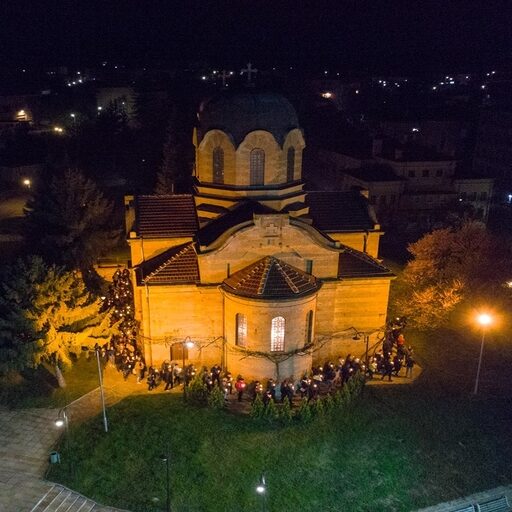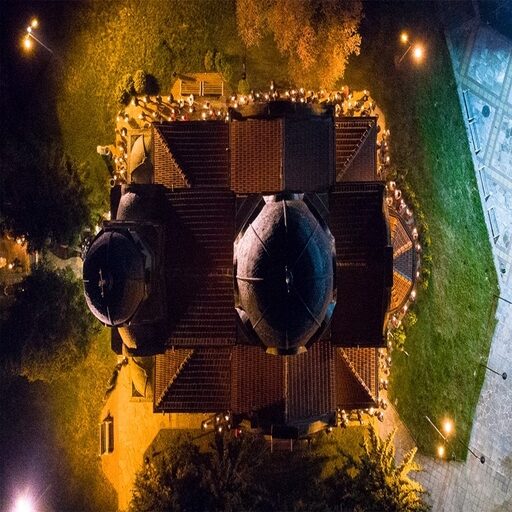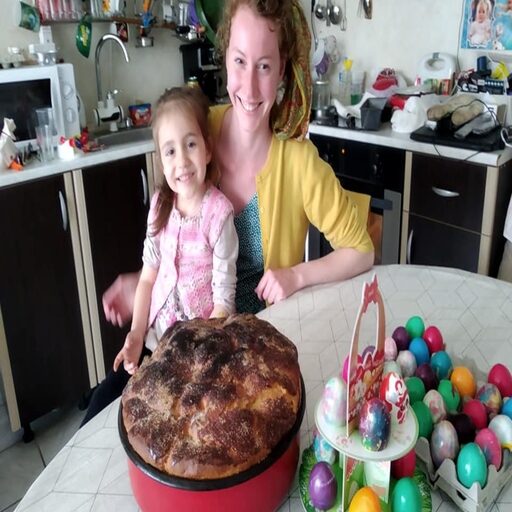BULGARIAN ORTHODOX EASTER
”Vélikden” (Великден)
Tradition and Ritual
Easter is one of the most important holidays in the Christian world. In Bulgaria, it is prepared from Sirni Zagovezni (“Forgiveness Sunday”) to the week before Easter Sunday.
The Catholic Church follows the Gregorian calendar while the Orthodox follow the Julian calendar. Thus, the Easter dates of these two different religions.
Preparation
Preparations are organized throughout the previous week on Easter Day, Bulgarians paint and color eggs. This activity is particularly appreciated by young children. The eggs are boiled beforehand to make hard eggs, then dyed and finally oiled. You can create all kinds of patterns, you can also write your name on them. To do this, just take a little bit of warmth, take a candle or candle and write your name with the help of it. Once the egg is cold, all you have to do is paint the egg, and as if by magic the name or message appears!
The first colored egg is always red, a symbol of the new life and blood of Christ. The oldest woman (often the grandmother) makes the sign of the cross with the red egg on the children’s foreheads to give them good health and “red on the cheek” on par with the egg.
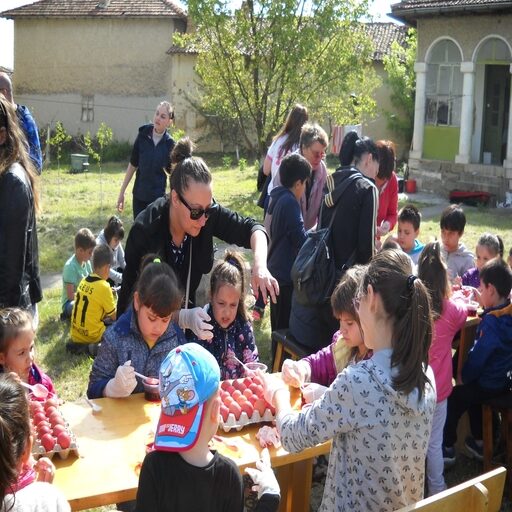
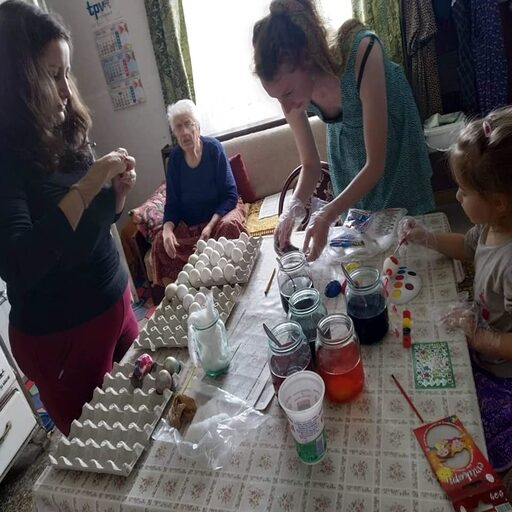
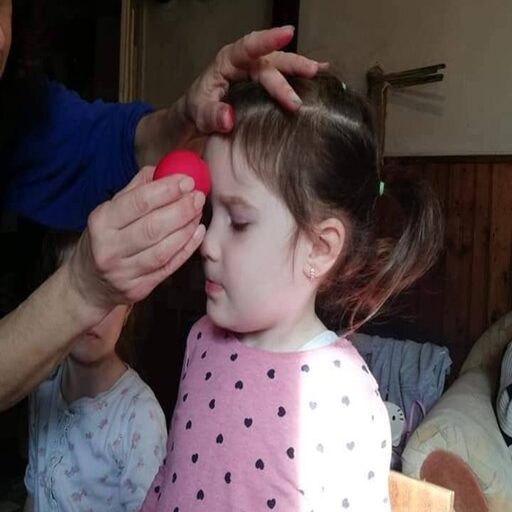
Easter Eve and Sunday
On the eve of Easter, Orthodox women go to midnight mass to practice a ritual, called “Enlightenment Saturday”, a symbol of eternity, peace, and renewal. At the end of the mass, the Orthodox priest takes out the banners and goes around the church three times. Then everyone lights their candles and walks behind them outside the church: this forms a large procession. The most difficult thing is to make sure that his candle does not go out during the 3 rounds. Then you have to bring your lit candle back home.
On Easter Sunday, Bulgarians usually have an “egg fight”. Indeed, each person gathers around the table takes a decorated egg, and hits one end against one of the ends of a neighbor’s egg. The “battle” continues until a winner has been announced, i.e. a person whose ends or one of whose ends have not been broken. During the meal, we eat bread specially prepared for Easter, the “kozounak” (козунак). It can be eaten plain or filled with honey, jam, nuts, etc.
It is very important in Bulgarian culture to share during the Easter weekend. We take this opportunity to visit the family by bringing the “kozounak” and offering colored eggs.
